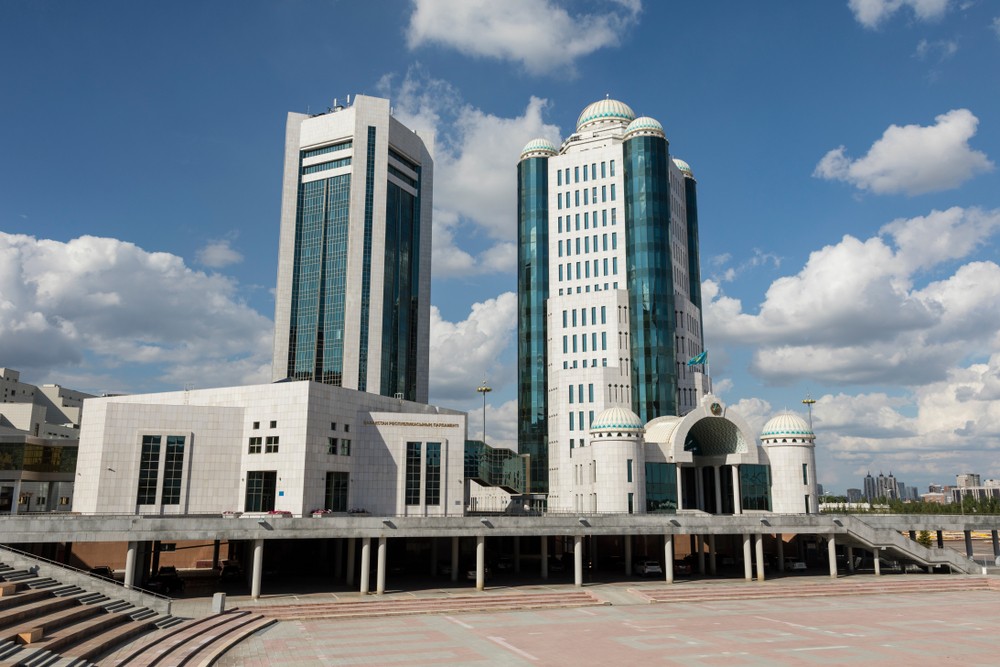On February 7th, an expanded meeting of Kazakhstan’s new government took place at which President Tokayev sharply criticized previous initiatives. For example, tax code improvements had been in the works for quite some time, but the final proposal was reduced to raising rates and even imposing taxes on mobile-phone transfers. This caused a wave of resentment among ordinary Kazakhstanis and entrepreneurs. Therefore, the recent resignation of the government is not a surprise, according to political scientist and Director of the Institute of Eurasian Integration, Urazgali Selteyev, who also labeled such legislative reforms “mistakes.”
“The resignation was long overdue,” Selteyev told The Times of Central Asia. “There are accumulated omissions and systemic failures in the work of the government. For all the months of work, no serious improvements are visible. A practical vision of a new economic model has not been presented. The development of the budget code has been delayed, and the clarification of tax reform has failed. Positive statistics on the reduction of inflation do not correspond to the real state of affairs in the economy and social sphere.”
A similar opinion is held by political scientist and Managing Director of GR Consulting Group, Yerbol Yedilov, who notes that the focus will now be on improving the economy, but not to the detriment of business, as instructed by Tokayev at the meeting.
“I think they will target [improving] the country’s economy, and, led by the prime minister, will carry out large-scale work on the return of illegally exported funds. Reforming the budget sphere, which the president is talking about, is only the beginning. There are deeper plans, and in time they should lead to a global increase in the country’s economy,” Yedilov told The Times of Central Asia.
The head of state referred to this in his address, stating that Kazakhstan will seek to improve its anti-corruption policy, meaning that further personnel reshuffles are inevitable.”Tokayev mentioned that the state of roads, heat and power centers is a reflection of our corruption. It can be understood that [more] personnel purges within the ministries lay ahead. Emphasis will be placed on honest and incorruptible officials,” Yedilov concluded.
Currently, according to political analysts, Kazakhstan is lacking in investment resources, and the main goal of the new cabinet is to replenish the national fund.
“This is a transformation of the economy on the basis of strengthening and expanding investment activity,” political scientist Gaziz Abishev told The Times of Central Asia. “After all, the liberalization of prices in a number of sectors, the liberalization of the economy itself, the protection of investors from corruption and bureaucracy, the use of public funds and simplification of the tax code is all about investment, which is now so lacking in Kazakhstan. We need to invest in new production and the creation of [value-added industries], but this cannot be done without capital. For both internal and external reasons, and because of volatility in foreign markets, there is not a lot of free money in Kazakhstan’s economy. How realistic it will be for the new government to accomplish this depends on a number of factors – firstly, their performance, courage and competence, but it also rests on external factors, too.”
The resignation of the government and people’s anger served as a catalyst for a shake-up of the entire state apparatus. “They realized that the president’s warning was not just words, but the harbinger of a storm,”political scientist, Talgat Kaliyev told The Times of Central Asia. “The issues that people are worried about – related to bank transfers, bureaucracy in medicine, and the inability to get this or that service on time – will be eliminated in the near future. Medicine is mired in paperwork and business, and business should be somewhere else. Tokayev also devoted an entire section of his speech to the development of entrepreneurs, so it’s not hard to understand that small and medium-sized businesses will begin to flourish, and with it the entire business sphere.”
Experts agree that although the previous government always appeared to be in a flurry of activity, this was somewhat of an illusion, with very little actually accomplished.



